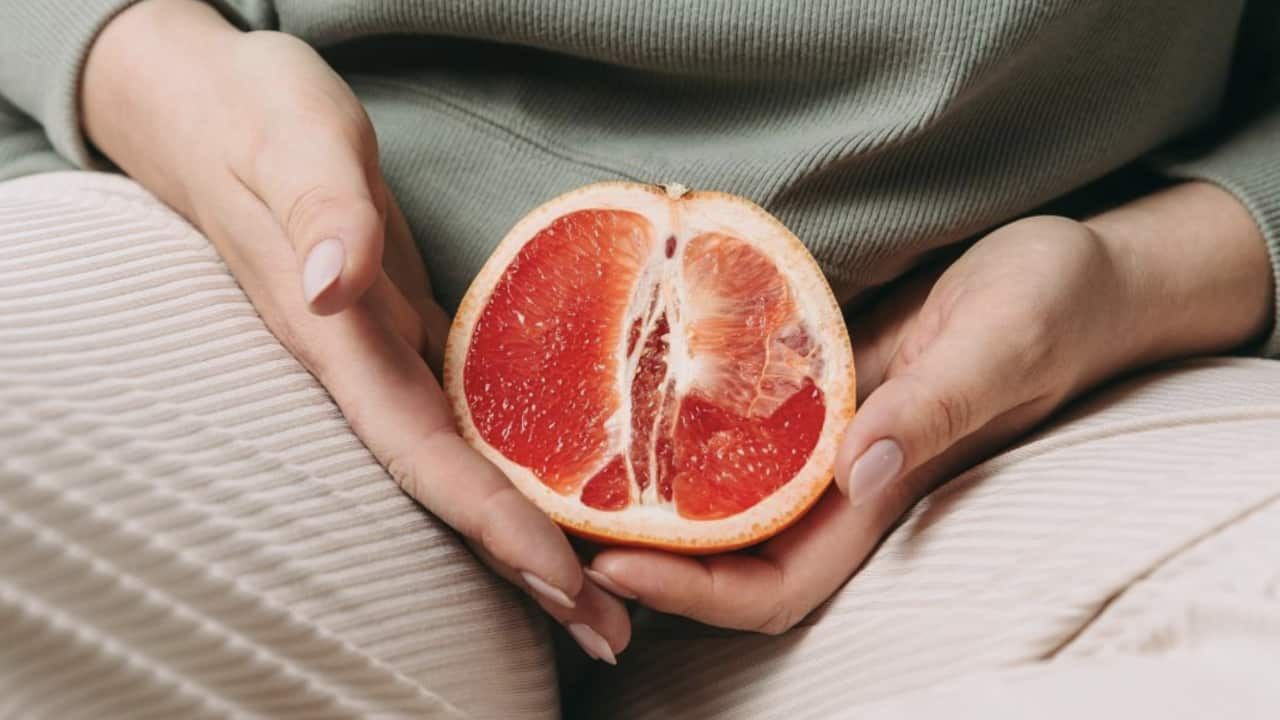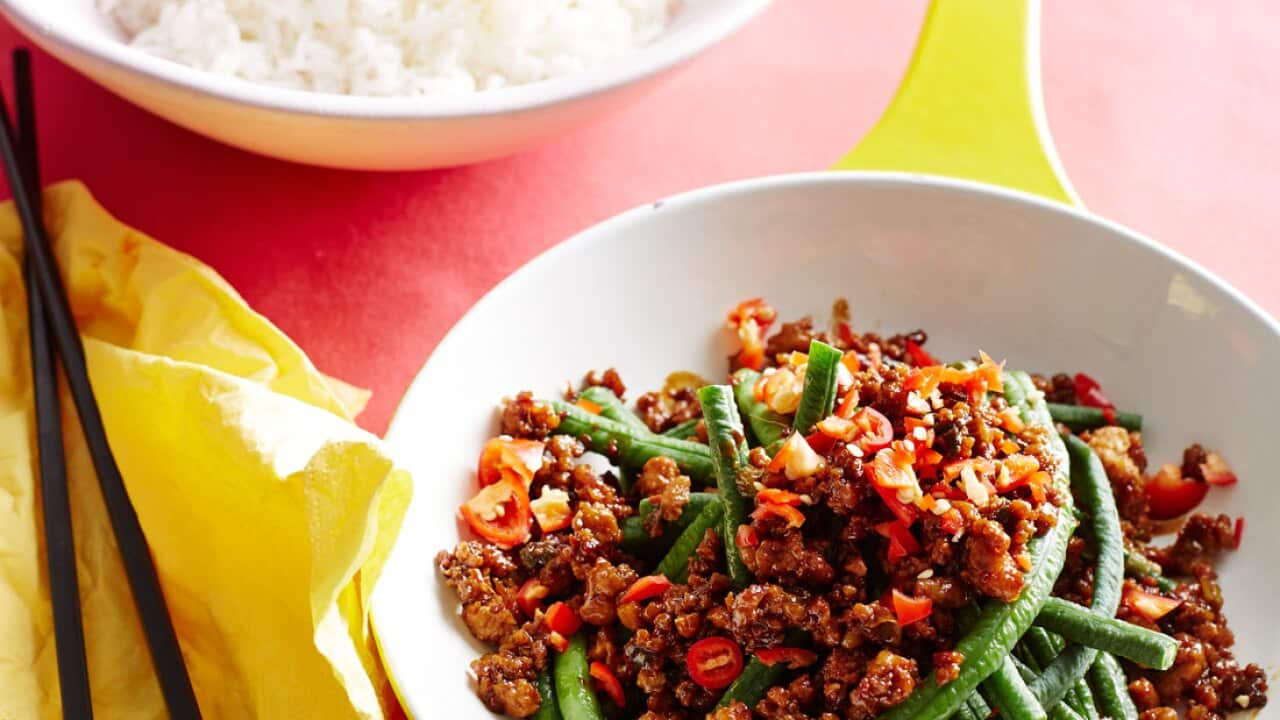There’s a term that’s used in my Chinese culture to describe menopause. It’s “the second spring”.
The first spring is when you start becoming fertile and menstruating. The second spring, menopause, is when menstruation stops and you're liberated from your fertility journey. It marks a time when a woman can focus on nourishing herself.
The regenerative power of food is intrinsic to Chinese culture. So, to us, a big part of nourishing yourself during menopause has to do with food.
It marks a time when a woman can focus on nourishing herself.
When I think back to my grandmother’s time in Hong Kong, it was considered ‘normal’ for women to use foods to help their body transition to their second spring.
Back then people’s diets were natural. Meals were made from scratch. There weren’t toxins or chemicals in the dishes. There wasn’t even decent refrigeration so meals had to be farm-to-plate. Animals didn't have a lot of steroids or hormones. Chinese people also ate in accordance with the seasons. They lived in harmony with the cycles of life.
Today, life may be very different but the beliefs and traditions that underpin Chinese culture remain the same. It is important to recognise that Chinese culture has always been, and currently still is, deeply rooted in the practice of balancing the body through diet and lifestyle changes. It's therefore common in Chinese culture for a woman's 'second spring' to focus on the consumption of foods that nourish the body, that brings it back into balance with nature.
Eat foods that nourish your energy
Chinese heritage focuses on balancing yin and yang: two halves that form the wholeness of qi (meaning life energy). This is embodied in Chinese cuisines, the methods by which we cook, how food is prepared, what we eat and so on.
It’s believed that kidney yin is what defines a woman’s experience of menopause. If it is very out of balance, she may experience more symptoms. If it is in balance, she may not.
We say that your kidney yin is like a car’s lubrication. If you don’t have enough lubrication, the car runs hot. During menopause, many women feel excess heat in their bodies and have hot flashes or night sweats. We believe that you’ve got to pacify the excess heat by increasing the number of yin foods you eat and doing activities like meditating or resting to nourish the body.
To follow a more yin diet, Chinese culture says you should eat more plant-based foods like juicy fruits (cherries, goji berries, mulberries) and vegetables. These foods both hydrate and cool the body.
We also want to ensure we clean the liver of any toxins. I’m not talking about a Western liver cleanse. Instead, we always look towards eating more green foods like leafy greens.
Research shows that green leafy vegetables are that are also rich in , which is important for women to consume during menopause.
Women going through menopause should also try to avoid eating too many deep-fried dishes or heavy animal products, which are very hard to digest. A diet rich in legumes, like soy, will be rich in fibre and provide a lot of health benefits.
A balanced diet is always a good thing
I am currently 51 years old. Although my period is still fairly regular, it’s not as heavy as it was when I was younger. That’s the biggest difference I’ve noticed. But I haven’t had any of the big symptoms of menopause like night sweats or hot flashes.
Maybe that’s because I am a health practitioner who has an active lifestyle, sleeps well and eats a healthy diet or it’s because I have followed traditional Chinese ways that focus on living in balance. I am not sure.
But what I do know is that, if you’re exhausted and stressed, and you’re not eating well, your body will be running on adrenaline. If that’s how you feel while you go through menopause, then adjusting your diet to include more fruit and vegetables might help to take the edge off. That’s something that both Western and Chinese medical systems agree on.
If you reach menopause and you’re at a stage where you’re getting enough sleep, and you are suffering a little bit with some symptoms, then I really believe you can do quite a lot to manage your health through the right diet.
As Hippocrates once said: ‘let food be thy medicine and medicine be thy food’. What we eat is really powerful, especially for women in their ‘second spring’.
Menopause resources are available on the in Arabic, Chinese (simplified), Dari, Farsi, Greek, Hindi, Italian, Portuguese, Turkish, and Vietnamese.
Anissa Au is an Australian-Chinese food lover from Sydney who's also the principal practitioner at Pure Alchemy Traditional Chinese Medicine. The information in this report is a guide only. It is best to consult your doctor for additional advice tailored to your problem or situation.











